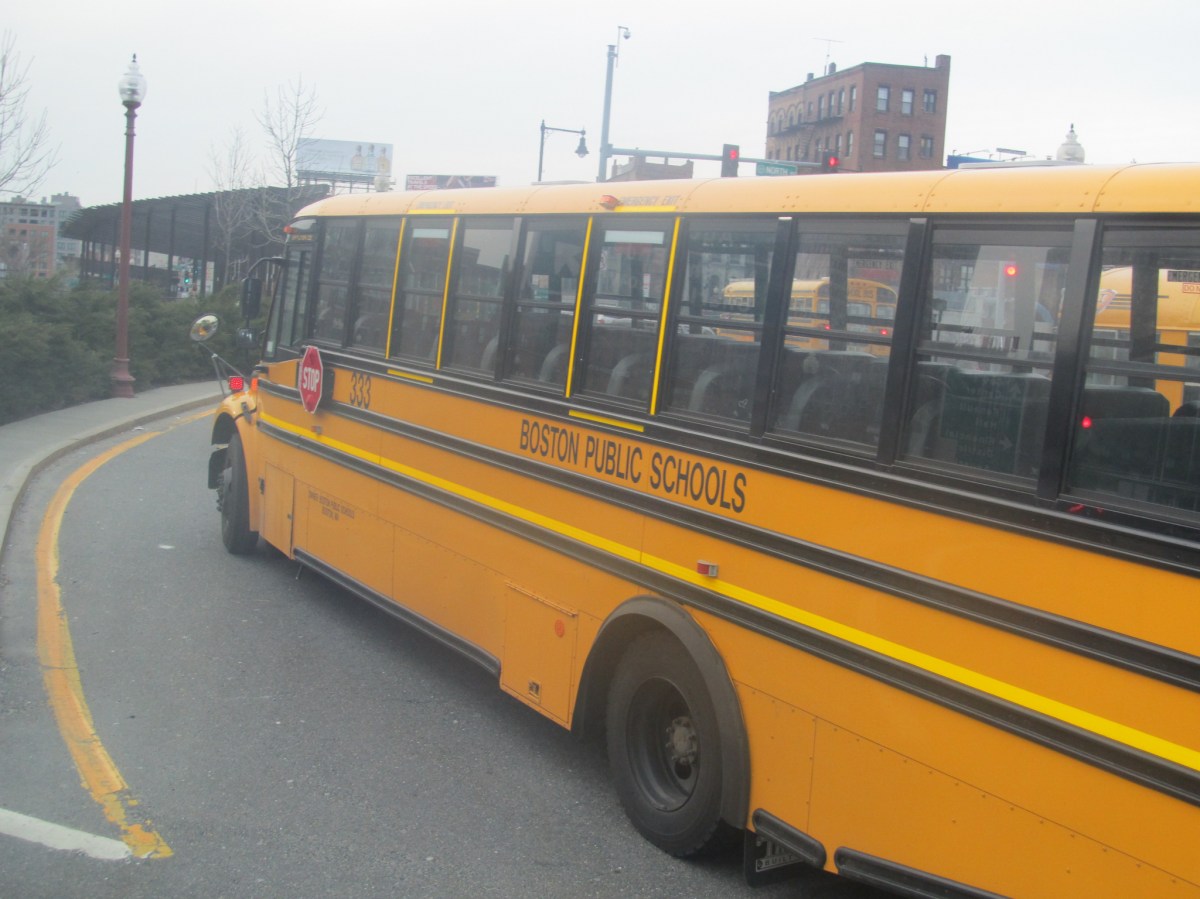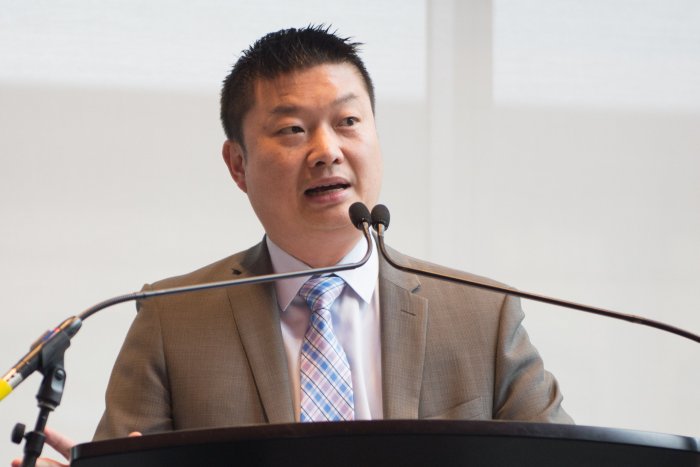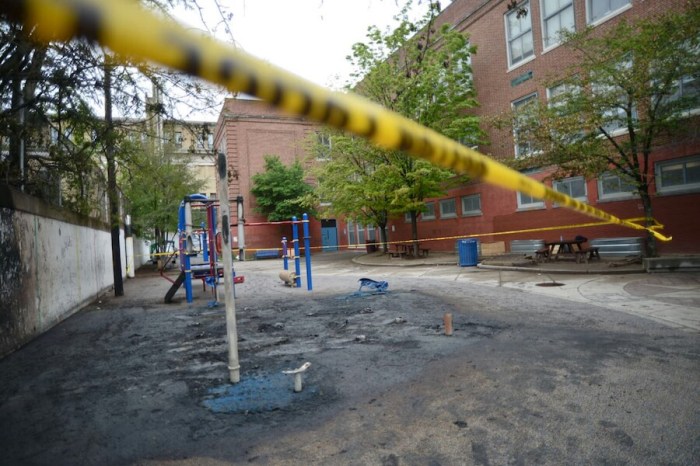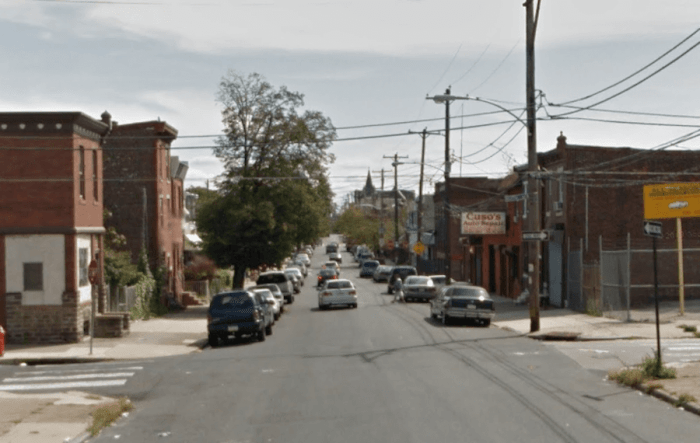Boston Public Schools could unlock $100 million for education resources by considering such moves as closing schools and re-examining teachers’ wages, a financial advisory committee asserted Tuesday in a“10 Big Ideas” report. The school system is asking for community input on the ideas, which aim to offsetprojected budget gaps of $20 to $25 million per year.
The committee stressed that the ideas listed in its long-term financial reportare intended to ignite a community dialogue about ways to deal with anticipated budget shortfalls. “This report is a courageous step towards financial stability for our schools and deep investments in our students,” Superintendent Tommy Chang said in a news release.
But Richard Stutman, president of the Boston Teachers Union, disagrees.
“The city has gone decades without a good facilities plan and a good, down-to-earth financial plan,” he said. “To put people in charge of [the financial report] who have created these problems and tolerated these problems for years isn’t a recipe for success.” Stutman, a member of the advisory committee that wrote the report, said that he was disappointed with the meetings because “the team was basically directed to do more with less and I just thought that was a bad way to begin the discussion.” The first three ideas proposed by the report focus on transportation:
Other proposed ideas include closing schools, negotiating teacher salaries, changing the state tenure law and streamlining such central office operations as paid administrative leave. The report also brought up the issue of charter schools and proposed advocating state legislature to adjust the education funding formula.
“With dramatically rising Charter School costs, underfunded charter school reimbursement and stagnant state education revenue, the Massachusetts’ charter school finance model is broken for Boston,” the report states. The advisory committee began working on the report in 2015. Although Chang said that “these efforts could result in the reallocation of significant dollars,” Stutman said the committee failed to generate imaginative proposals. “They built themselves a very narrow box to look in… They shorted themselves by thinking small and thinking ‘how can we do more with less and be content about our decision,” he said. “I think it’s a disservice to our schools to think like that.”
Closing schools among ‘big ideas’ to offset budget gaps, advisory committee says

Flickr Creative Commons


















